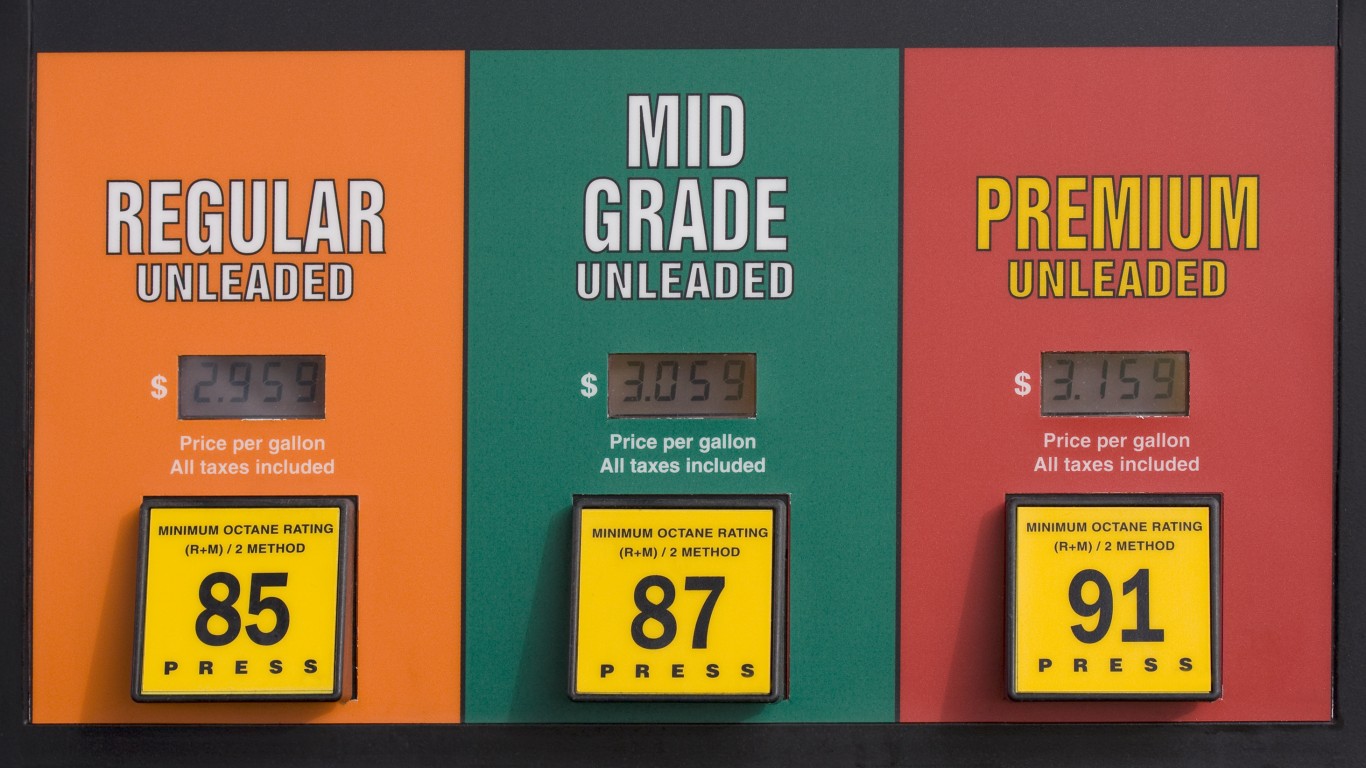
The Bureau of Labor Statistics consumer price index for July showed inflation rose at a pace of 8.5% year over year. Experts viewed this as positive news, because the number was slightly better than the staggering increase in June. The figure actually may be a low point compared to upcoming months.
Inflation may rise at a faster pace for several reasons. Each represents a separate case. Taken together, they paint a picture of the economy that could cause upward price pressure.
The forgiveness of student loans, at levels of $10,000 or $20,000, based on the type of loan, will take money individuals would use for months or years to pay off the debt and turn it into money that can be used for consumption. Undoubtedly, on the other hand, some of those who benefited will save this windfall. Nonetheless, billions of dollars will be pumped into the economy and the effect will be to lift prices on consumer goods.
Egg prices seem a benign part of the inflation cycle. They are not, at least based on what they represent. They are part of the usual food consumed among Americans, and their price is up by double-digit percentages over the past year. They represent similar increases in grain and meat prices.
Oil and gas prices may have fallen recently. This is because the price of crude has dropped. That decline may well be over. Despite slackening demand in large consuming countries, led by China, supply has been cut as well. This is particularly true of OPEC+. The upward pressure on energy prices in Europe triggered by the invasion of Ukraine continues to mean nations there will pay inflated prices, which ripple throughout the global oil sector. In the past two weeks, crude prices have started to rise again.
Supply chain problems that cut the availability of everything from cars to food have not ended and may worsen. The flow of goods through major ports continues to be at rates lower than normal. Simple items like car parts remain affected. As holiday demand for gifts rises, this problem will become more evident.
The U.S. economy continues to have full employment. At 3.5%, it sits at a multi-decade low. Granted inflation has dropped purchasing power, but jobs continue to be unfilled and employers remain at a disadvantage when they want to hire people into positions they are desperate to fill.
Take Charge of Your Retirement In Just A Few Minutes (Sponsor)
Retirement planning doesn’t have to feel overwhelming. The key is finding expert guidance—and SmartAsset’s simple quiz makes it easier than ever for you to connect with a vetted financial advisor.
Here’s how it works:
- Answer a Few Simple Questions. Tell us a bit about your goals and preferences—it only takes a few minutes!
- Get Matched with Vetted Advisors Our smart tool matches you with up to three pre-screened, vetted advisors who serve your area and are held to a fiduciary standard to act in your best interests. Click here to begin
- Choose Your Fit Review their profiles, schedule an introductory call (or meet in person), and select the advisor who feel is right for you.
Why wait? Start building the retirement you’ve always dreamed of. Click here to get started today!
Thank you for reading! Have some feedback for us?
Contact the 24/7 Wall St. editorial team.
 24/7 Wall St.
24/7 Wall St.

